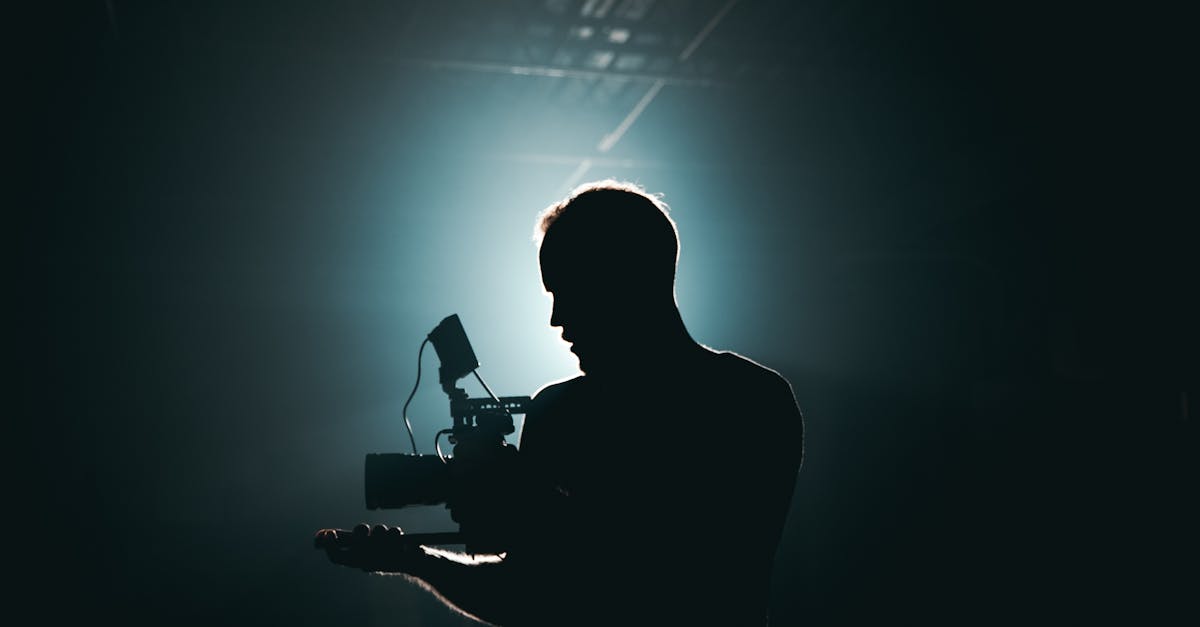Published on:
7 min read
Cinematography Secrets: Elevate Your Filmmaking with Stunning Visual Techniques
Unlock the art of visual storytelling with essential cinematography secrets that can transform your filmmaking. Discover innovative techniques and tips to create stunning visuals that will captivate your audience.

The Importance of Lighting
Lighting is the backbone of cinematography. It sets the mood, influences the viewer's perception, and can dramatically change the atmosphere of a scene. Mastering the three-point lighting technique—key light, fill light, and backlight—can help you create depth and dimension in your shots. Natural light also offers unique opportunities; shooting during the golden hour can add warmth and allure to your footage. Experimenting with shadows can evoke emotions and guide the viewer's focus, proving that a little innovation in lighting can yield striking images.
Composition Techniques for Visual Storytelling
Composition is crucial for engaging your audience. Techniques such as the Rule of Thirds, leading lines, and framing can significantly enhance visual narratives. The Rule of Thirds, for example, encourages placing key elements of your shot along lines that divide your image into thirds, creating balance and interest. Using leading lines directs the viewer's eye to essential elements, while thoughtful framing can isolate characters or objects to make your story more powerful. A well-composed shot effectively communicates your story's essence and can make a film truly memorable.
Camera Movement and Its Impact
Camera movement adds dynamism and emotional depth to your storytelling. Techniques like pans, tilts, and tracking shots can create a sense of urgency or intimacy. For instance, a slow push-in can draw the audience deeper into a character's emotion, while a sweeping crane shot can provide a grand overview of the setting. Understanding when and how to move the camera can significantly elevate your work and help in conveying the desired feeling or message. Use camera movement purposefully, aligning it with the narrative’s tone to create a more immersive experience for the viewer.
Conclusion: Crafting Visual Masterpieces
Incorporating these cinematography secrets into your filmmaking toolkit can profoundly impact your projects. Understanding lighting, composition, and camera movement allows you to craft visual masterpieces that resonate with audiences. Remember, the goal of cinematography isn’t just to capture images, but to tell compelling stories through visuals that evoke emotions and leave a lasting impression. With practice and creativity, you can elevate your films and truly stand out in the world of filmmaking.
Published on .
Share now!










